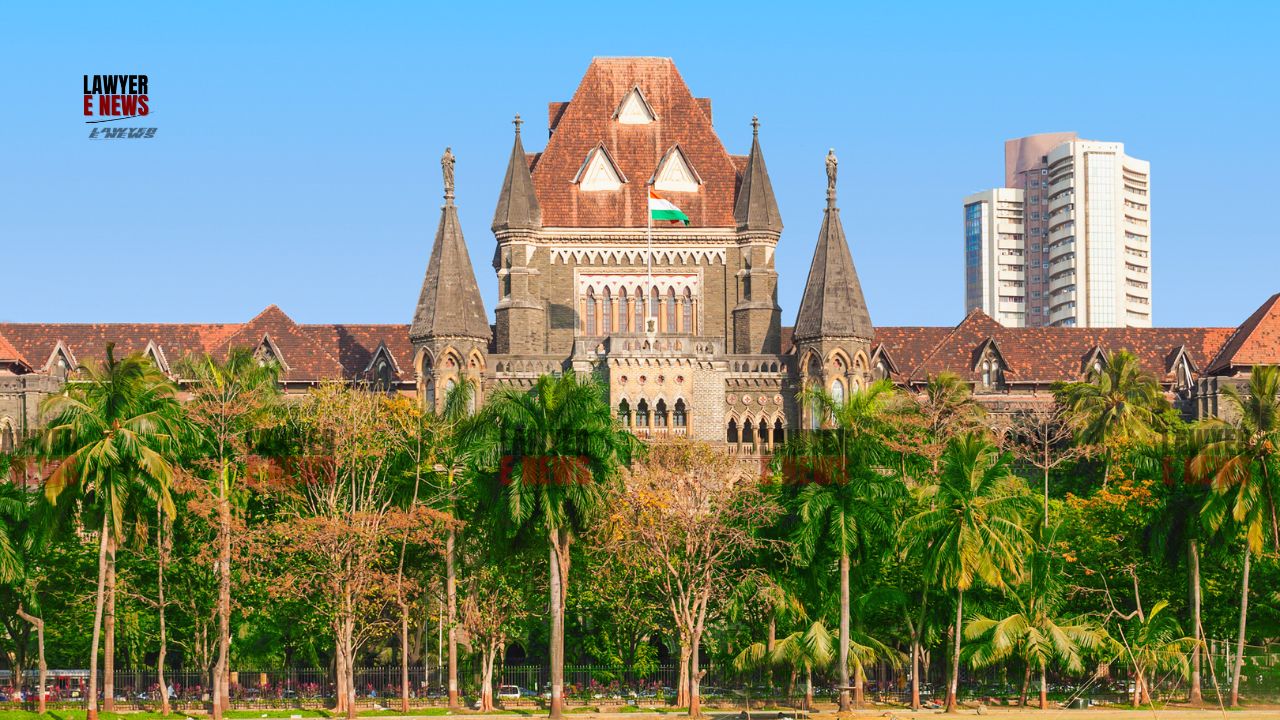-
by Admin
15 February 2026 5:35 AM



The Bombay High Court upholds the award granted by the Motor Accident Claims Tribunal, affirming the rights of parents to claim compensation irrespective of their residential status.
The Bombay High Court recently delivered a significant judgment affirming the rights of parents to claim compensation under the Motor Vehicles Act, 1988, even if they were residing separately from their deceased child. The court rejected the appeal by Bajaj Allianz General Insurance Co. Ltd., which contested the award given by the Motor Accident Claims Tribunal (MACT) to the dependents of the deceased. The ruling emphasized the legal and humanitarian grounds for allowing such claims, underscoring the broader interpretation of ‘dependency’ and ‘legal representative’.
On July 25, 2010, the deceased, while crossing a road, was fatally injured by an autorickshaw driven rashly and negligently. Following his death on July 31, 2010, his dependents filed a claim with the MACT. The Tribunal concluded that the autorickshaw driver was negligent and awarded a compensation of ₹14,14,000, considering the deceased’s notional income as ₹6,000 per month, even though there was no direct evidence of his earnings. This award was challenged by Bajaj Allianz General Insurance on two grounds: the assumed income of the deceased and the dependency status of his parents who lived separately.
The insurance company argued that the notional income of ₹6,000 per month was unjustified. The court, however, dismissed this claim, affirming that the deceased, being a skilled worker in 2010, could reasonably be presumed to have earned at least that amount.
The more critical issue was whether the parents, residing separately from the deceased, were entitled to claim compensation. The insurance company contended that since the parents lived in a different village, they were not dependents under the Motor Vehicles Act.
The court referenced several Supreme Court judgments to support its decision. It highlighted that the term ‘legal representative’ should be interpreted broadly to include all who suffer from the deceased’s demise. The court noted the Supreme Court’s stance that compensation is not solely for dependents in the strictest sense but for any legal representative who faces loss due to the accident.
In particular, the court cited the Supreme Court ruling in Montford Brothers of St. Gabriel & Ors vs. United India Insurance Co. Ltd., which recognized every legal representative’s right to claim compensation under the Motor Vehicles Act, irrespective of strict dependency.
Justice Arun R. Pedneker remarked, “In the ordinary circumstances in the Indian social system, parents are dependent on their child to take care of them in their old age, irrespective of the fact that they would be staying in the villages/native place away from the son.”
This ruling by the Bombay High Court reiterates the broad and inclusive interpretation of ‘legal representative’ and ‘dependency’ under the Motor Vehicles Act. It ensures that the compensation for loss due to motor vehicle accidents can be claimed by a wider array of individuals affected by the deceased’s death, providing a crucial safety net for families in diverse living arrangements. This judgment sets a significant precedent, reinforcing the judiciary’s commitment to a compassionate and comprehensive interpretation of the law.
Date of Decision: July 30, 2024
Bajaj Allianz General Insurance Co. Ltd. Vs. Smt. Sunita Virendra @ Birendra Sahani & Ors.
